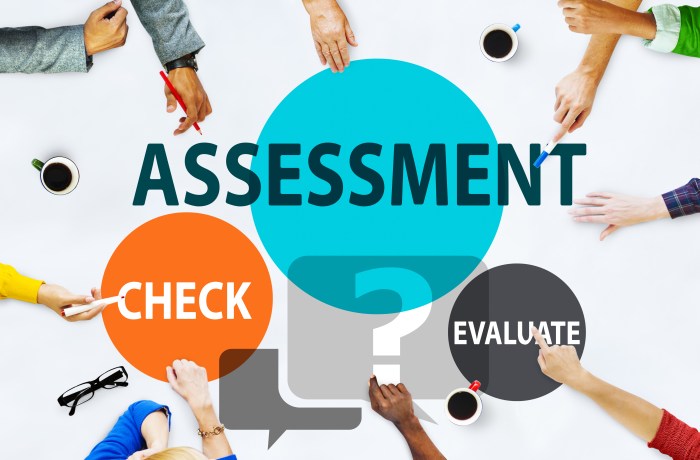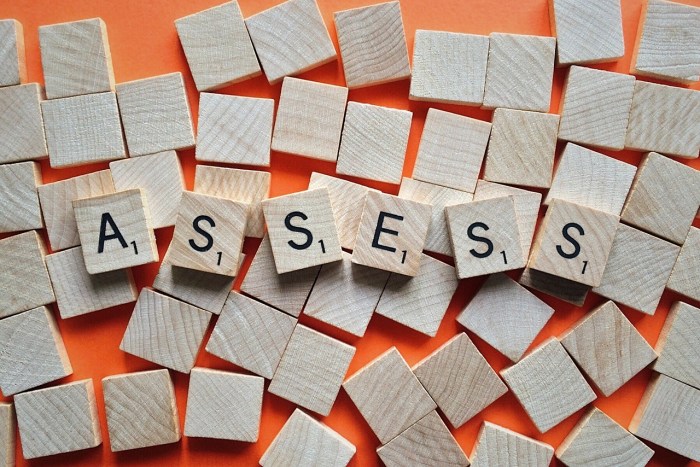Evaluate for tax purposes crossword – Evaluating crossword-related expenses for tax purposes can be a complex endeavor. This comprehensive guide will delve into the intricacies of taxation principles, crossword-specific considerations, relevant tax forms, and real-life case studies to empower crossword enthusiasts with the knowledge and strategies to optimize their tax deductions and maximize their tax savings.
Crossword puzzles, often dismissed as mere leisure activities, can play a significant role in tax planning. By understanding the tax implications of crossword-related expenses, enthusiasts can potentially reduce their taxable income and minimize their tax liability.
Taxation Principles: Evaluate For Tax Purposes Crossword

The concept of taxable income is fundamental to crossword puzzles. Taxable income refers to the portion of an individual’s income that is subject to taxation. In the context of crosswords, taxable income can include any income derived from crossword-related activities, such as prize winnings or income from crossword writing or editing.
Deductions and exemptions play a crucial role in reducing taxable income. Deductions are expenses that can be subtracted from gross income before calculating taxable income. Exemptions are specific amounts that are deducted from taxable income before calculating the tax liability.
Common tax deductions and exemptions related to crosswords include expenses for travel, supplies, and research.
Crossword-Specific Considerations
Crossword puzzles can be used to document expenses for tax purposes. For example, receipts for crossword-related purchases, such as puzzle books, pens, and pencils, can be used to support deductions for expenses. It is essential to keep accurate records of all crossword-related expenses to maximize potential tax deductions.
The types of expenses that may be deductible for crossword enthusiasts include travel expenses incurred for attending crossword tournaments or workshops, supplies such as puzzle books and pens, and research expenses for crossword-related projects.
Specific Tax Forms and Filing
Crossword enthusiasts may need to use specific tax forms when filing their taxes. These forms include Schedule C (Form 1040), which is used to report income and expenses from self-employment, and Schedule A (Form 1040), which is used to itemize deductions.
Crossword-related expenses should be reported on the appropriate tax forms. For example, travel expenses for attending crossword tournaments would be reported on Schedule C, while expenses for crossword supplies would be reported on Schedule A.
Crossword winnings are generally considered taxable income and should be reported on the taxpayer’s tax return. However, there may be certain exceptions or deductions available for crossword winnings, depending on the specific circumstances.
Case Studies and Examples, Evaluate for tax purposes crossword
There are numerous examples of crossword enthusiasts who have successfully evaluated their crossword-related expenses for tax purposes. One example is a professional crossword constructor who was able to deduct expenses for travel, research, and supplies related to their crossword construction business.
Another example is a crossword solver who was able to deduct expenses for attending crossword tournaments and purchasing crossword-related materials.
However, it is important to note that the deductibility of crossword-related expenses can vary depending on the specific circumstances. It is always advisable to consult with a tax professional to determine which expenses may be deductible.
FAQ Guide
Can all crossword-related expenses be deducted from taxable income?
No, only expenses that are considered ordinary and necessary for the crossword activity can be deducted.
What types of expenses are commonly deductible for crossword enthusiasts?
Commonly deductible expenses include subscription fees for crossword magazines, tournament entry fees, and travel expenses for crossword-related events.
Is it important to keep records of crossword-related expenses?
Yes, meticulous record-keeping is crucial for substantiating deductions and avoiding potential tax audits.
